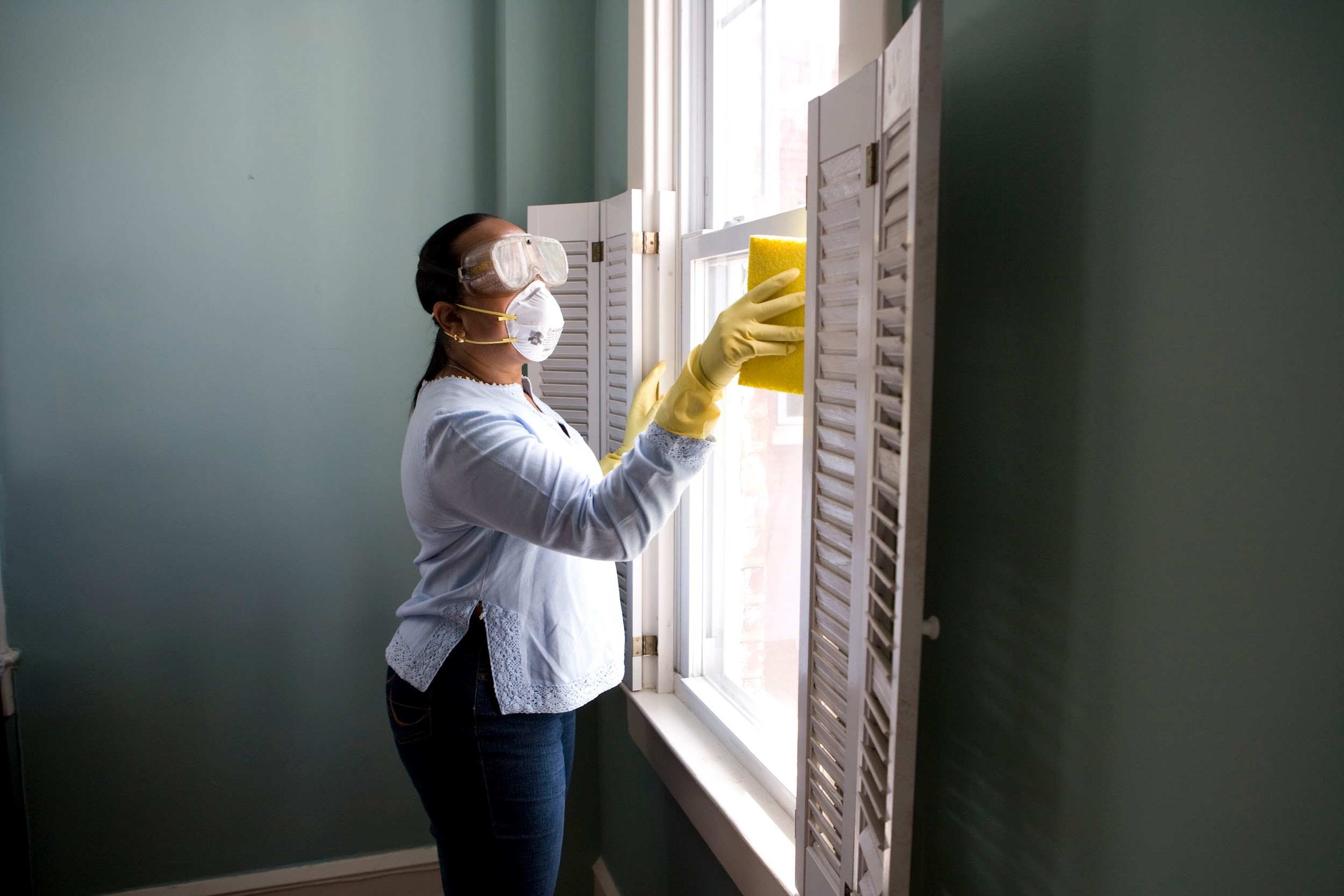Maintaining good hygiene and staying bacteria-free is essential for our health and well-being. Bacteria are everywhere, and while not all of them are harmful, some can make us sick. In this article, we will explore practical tips and tricks to help you stay bacteria-free in your everyday life. We`ll cover topics like handwashing, cleaning your living spaces, and even the often-overlooked aspect of cleaning your phone screen.
Hand
Hygiene
One of the most effective ways to prevent the spread of
harmful bacteria is proper hand hygiene. It`s as simple as washing your hands
with soap and water for at least 20 seconds. Make sure to clean between your
fingers, under your nails, and the backs of your hands. This helps remove dirt
and bacteria that you might have picked up during your daily activities.
The Art of
Handshakes
Handshakes are a common form of greeting, but they can also
be a means of transmitting bacteria. To reduce the risk, opt for alternatives
like fist bumps or even a friendly wave. If handshakes are a must, remember to
wash your hands afterward to maintain your bacteria-free status.
A Clean
Home Environment:
Keeping your living space clean is crucial to avoid
bacteria buildup. Regularly clean and disinfect frequently touched surfaces
like doorknobs, light switches, and countertops. A simple mixture of water and
soap can often do the trick for cleaning, and alcohol-based disinfectants can
help kill bacteria.
Disinfecting
Personal Items:
Don`t forget about the everyday items you use, such as your
toothbrush, razor, and hairbrush. These items can harbor bacteria if not
properly cleaned. Clean and replace them regularly to maintain good hygiene.
The
Importance of Clean Bedding:
Your bed is a haven for bacteria, with dust mites and other
microscopic creatures calling it home. To stay bacteria-free, regularly wash
your sheets and pillowcases in hot water. Additionally, consider investing in
hypoallergenic pillow and mattress covers.
Cleaning
Phone Screens:
Our smartphones
are like an extension of our hands, and they can harbor a surprising amount of
bacteria. For this purpose I recommend using Phonesoap which I use
personally and love it! It keeps my phone bacteria free and charges it as well
so it fulfills both my issues while also saing my time to clean manually.
Incase you don`t have a Phonesoap follow these
simple steps to keep your phone screen bacteria-free;
Take off your phone case and clean it separately. A mixture of
soap and water works well for most cases.
Use a microfiber cloth or a screen cleaning solution to clean
the screen. Pay attention to the edges and corners of the screen, as these
areas are often overlooked and can accumulate dirt and bacteria. Don`t forget
to clean the buttons and any ports on your phone. A cotton swab can be useful
for reaching tight spots.
Make phone cleaning a regular habit, ideally at least once a week. It not only keeps your phone bacteria-free but also makes the screen easier to read.
Food
Safety:
Practicing good food safety is crucial to prevent foodborne
illnesses. Wash your hands before handling food, and make sure to thoroughly
clean fruits and vegetables. Cook meat and poultry to the recommended
temperatures to kill any harmful bacteria. Refrigerate leftovers promptly and
avoid eating food that has been left out at room temperature for too long.
Bathroom
Hygiene:
The bathroom can be a breeding ground for bacteria.
Regularly clean and disinfect surfaces like the toilet, sink, and shower. Don`t
forget to wash and replace your bath towels and washcloths regularly. Towels
that stay damp for too long can become a breeding ground for bacteria.
Laundry
Practices:
Washing your clothes may seem like a simple task, but there
are some important steps to ensure they are bacteria-free. Use the hottest
water recommended for the fabric, as it helps kill bacteria. Additionally,
consider using bleach or color-safe disinfectants in your laundry to ensure
your clothes are thoroughly cleaned.
Proper
Cough and Sneeze Etiquette:
To prevent the spread of bacteria and viruses, it`s
important to follow proper cough and sneeze etiquette. Always cover your mouth
and nose with a tissue or your elbow when you sneeze or cough. Dispose of used
tissues immediately, and wash your hands afterward.
Sharing
Personal Items:
Sharing personal items like towels, utensils, and razors
can increase the risk of bacteria transmission. It`s best to avoid sharing
these items, but if you must, make sure to clean and disinfect them thoroughly
between uses.
Hydrate
and Maintain a Healthy Diet:
Staying well-hydrated and maintaining a balanced diet can
help your body fight off bacteria and infections. Drink plenty of water, eat a
variety of fruits and vegetables, and get enough sleep to support your immune
system.
Manage
Stress:
Stress can
weaken your immune system, making you more susceptible to illnesses. Practice
stress-reduction techniques like yoga, meditation, or deep breathing exercises
to keep your body and mind healthy.
Conclusion:
Staying bacteria-free
is a simple yet essential aspect of maintaining good health. By following the
tips and tricks mentioned in this article, you can reduce your risk of
bacterial infections and promote a healthier and happier life. Don`t forget to
include cleaning your phone screen in your routine, as even small steps can
make a big difference in your overall hygiene. Stay safe, stay healthy, and
stay bacteria-free!




